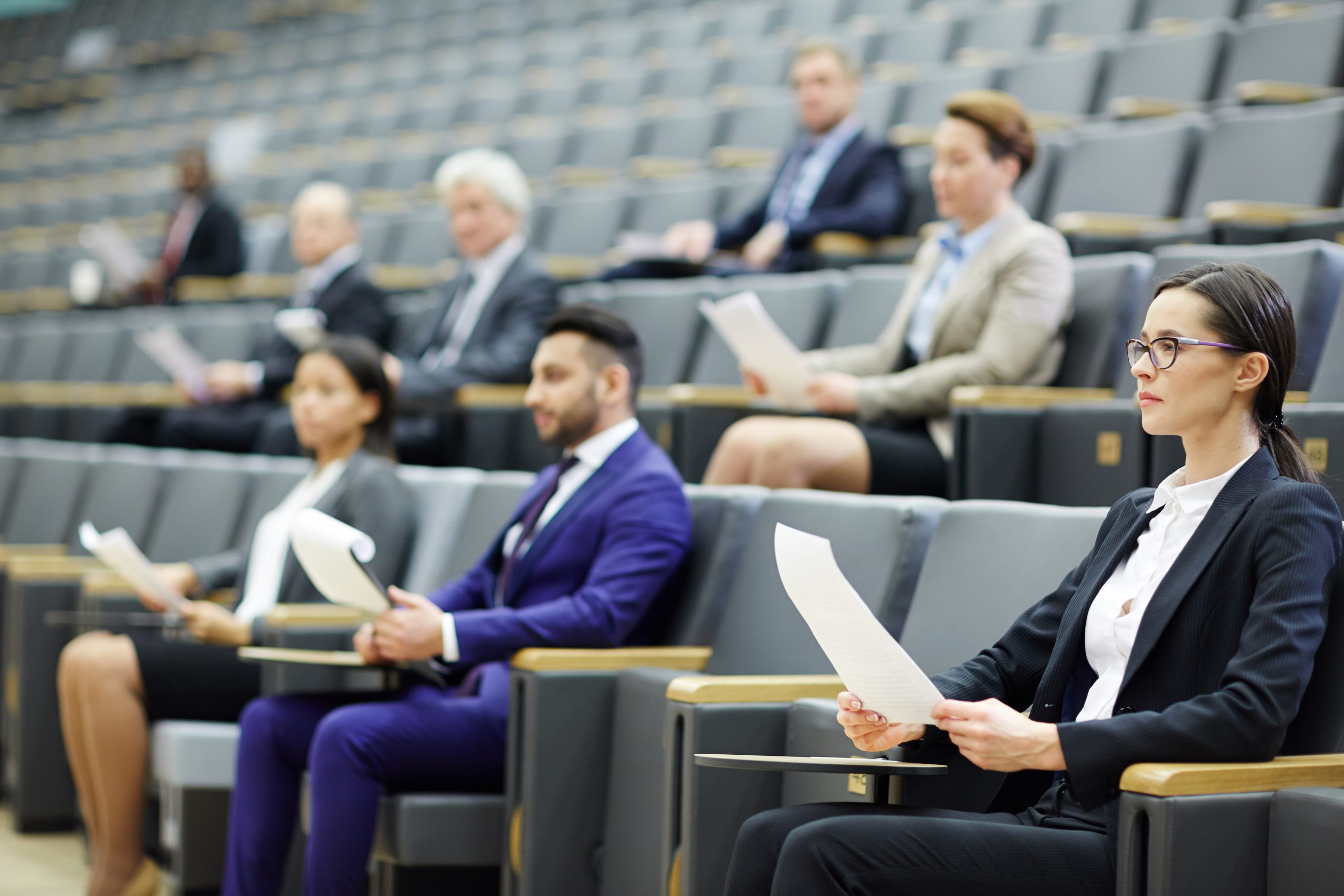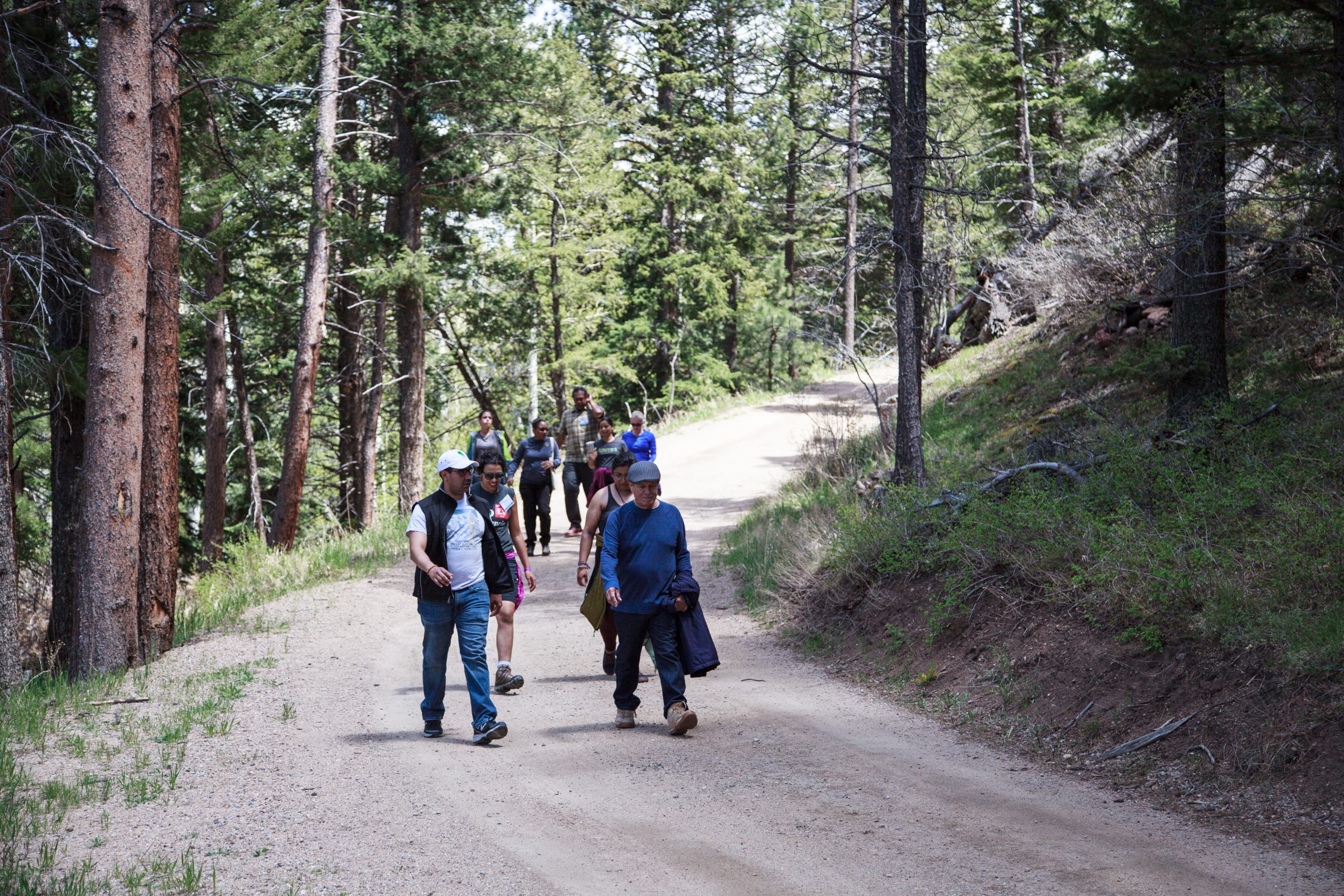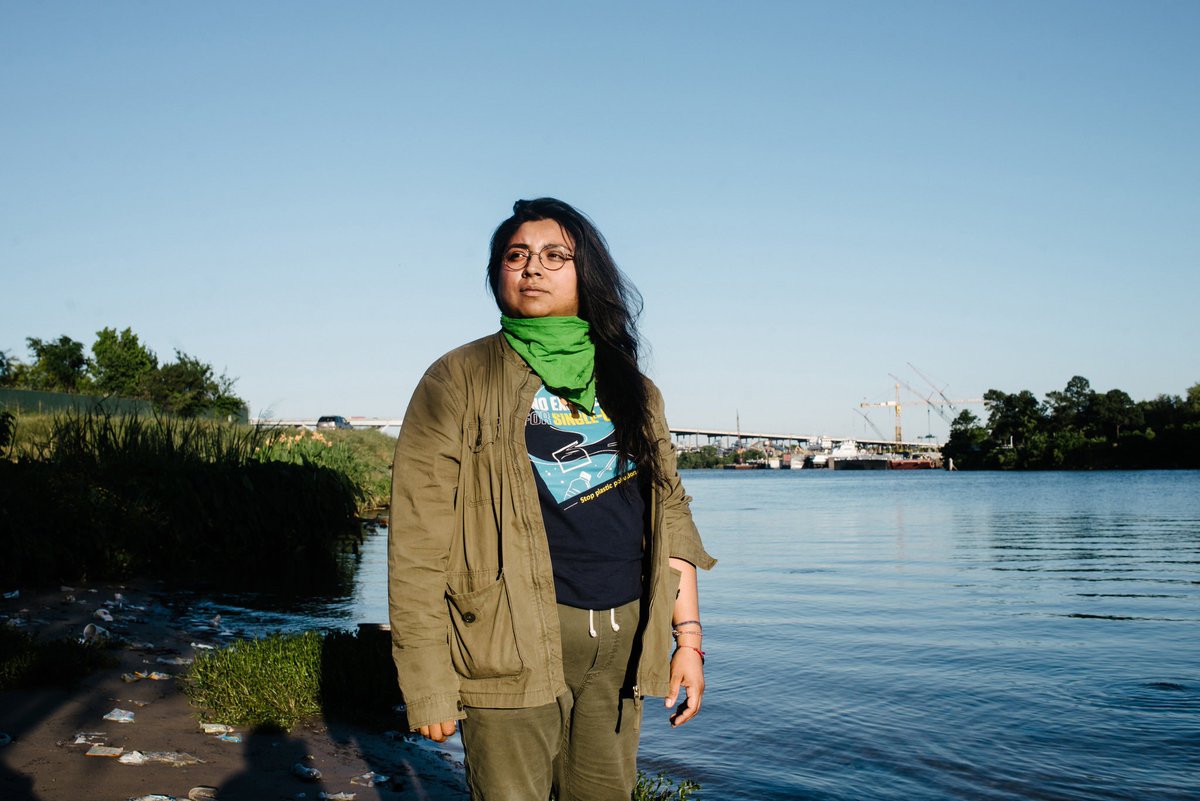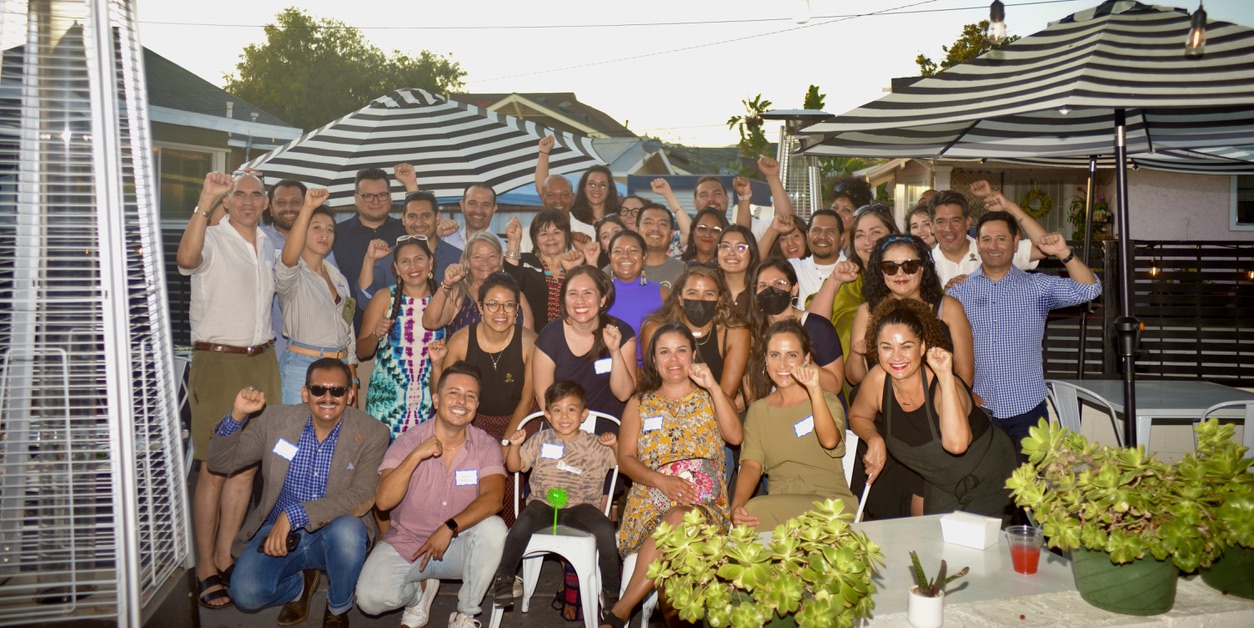GreenLatinos at the White House
GreenLatinos was one of a dozen National Latino organizations invited to meet with President Biden and Vice President Kamala Harris yesterday. The topic of discussion? The administration’s Build Back Better Agenda and the needs of the Latino community. The meeting also served to commemorate the second anniversary of the horrific 2019 attack in El Paso that constituted a mass shooting, hate crime, and act of domestic terrorism.
Latinos helped elect Joe Biden, period. We know this and the President knows this. That’s why we were there to make sure our voices were heard on the most pressing issues facing our communities.
Let’s be clear, environmental issues are of paramount concern to us. We are facing multiple crises today, not in the distant future but right now. We demand action for our families and communities. We stand with indigenous and tribal leaders in their fight as well.
We are in a fight for environmental liberation for our communities. While we are thrilled with what is in the current legislation before the Senate, we expect much more.
These were our asks of the President and Vice President:
-
Come back in a year with a plan for cleaning up unexploded ordinances at Castner Range and declaring it a National monument.
In El Paso Texas, a district represented by the first latino congresswomen in the state, the proposed Castner Range National Monument brings protected wide open spaces even closer to the growing city of El Paso, home to one of the nation’s oldest and largest Latino populations. Castner Range has all the hallmarks of a 21st century conservation movement centered on justice and equity. A Castner Range National Monument not only acknowledges a, communidada, that has seen a mass shooting, the militarization of the border, family separation, and a pandemic it will also empower the outdoor recreation economy that directly supports millions of American jobs and generates billions in federal, state and local tax revenue.
-
Commit to bold reductions of carbon emissions and investments in 100% clean energy to stem climate change.
Big parts of the Latino community experience the frontlines of climate catastrophes when they strike. Indigenous Latinos protect large portions of the biodiversity on this planet and are often the canary in the coal mine, calling out issues early. The electrical grid remains heavily carbon-intensive in many regions of the U.S. In these areas, ratepayers remain saddled with higher bills from uneconomic coal plants. Frontline communities and communities of color breathe dirtier air and suffer resulting health impacts, and residents do not have access to jobs in the fast-growing wind and solar industries. This is a national and transnational moment of crises. Tackling climate change not only protects the planet, it protects our gente.
-
Replace all lead pipes and service lines for drinking water.
Water systems in counties that are 25 percent or more Latino are violating drinking water contamination rules at twice the rate of those in the rest of the country. $60 billion is needed to replace all of the nation’s lead pipes and service lines according to some analysts. More needs to be done to ensure there is a permanent national low-income water assistance program for water and more grants rather than loans available to upgrade our systems.
-
Dedicate more investment in mass transit and electric vehicles.
The electric vehicle transition has great potential to benefit Black and Latino communities, which are disproportionately affected by fossil fuel pollution. These numbers are concerning because the administration has suggested it won’t support any more funding in the reconciliation bill for items already funded by the bipartisan deal. This includes mass transit, ports and vehicle electrification, both critical to tackling the climate crisis—and both areas where the bipartisan deal cuts funding to unacceptably low levels.
-
Deliver on the Justice40 Initiative.
Across the country, Latino communities are saddled with the negative economic, health, and social consequences of environmental pollution and injustices. We need more investment in clean energy, transit, and better infrastructure across the board. But we need to make sure those investments, and the benefits that come from them, actually go to the communities that have struggled with these challenges for so long.
-
Restore the National Environmental Policy Act’s (NEPA) public input process for forestry and major infrastructure projects.
NEPA is an environmental law, but it is also a tool to fight for worker safety, immigrant rights, and human rights. NEPA is a critical tool to protect the health and safety of Latino workers and working families, giving a voice to the most impacted and underrepresented, especially to the most vulnerable communities who usually have to bear the most burden of where federal projects are proposed in the first place. After the last administration’s attempts to weaken NEPA and make it harder for the public to provide input, we need to do better.
The current legislation commits $21 billion to environmental remediation, particularly to clean up superfund and brownfield sites, abandoned mines, and orphaned gas wells. It also commits $50 billion to make communities more resilient to the impacts of climate change.
While this is a good start there is much more to do if President Biden wishes to truly support the community that helped elect him.
Sign up to learn more about how we can press the administration to respond to said requests.
Other participants in the meeting included:
-
Mark Magaña, Founding President and CEO, GreenLatinos
-
Ramiro Cavazos, President and CEO, U.S. Hispanic Chamber of Commerce
-
Frankie Miranda, President and CEO, Hispanic Federation (HF)
-
Janet Murguía, President and CEO, UnidosUS
-
Lorella Praeli, Co-President, Community Change Action
-
Nathalie Rayes, President and CEO, Latino Victory
-
Jess Morales Rocketto, Civic Engagement Director, National Domestic Workers Alliance
-
Kenneth Romero, Executive Director, National Hispanic Caucus of State Legislators (NHCSL)
-
Héctor Sánchez Barba, Executive Director and CEO, Mi Familia Vota
-
María Teresa Kumar, Founding President and CEO, Voto Latino
-
Domingo Garcia, National President, League of United Latin American Citizens (LULAC)
-
Arturo Vargas, CEO, National Association of Latino Elected and Appointed Officials (NALEO) Educational Fund




